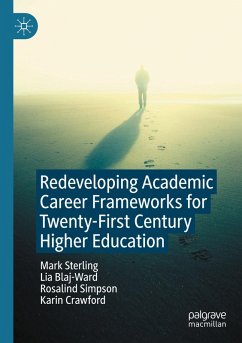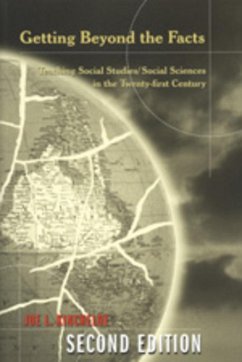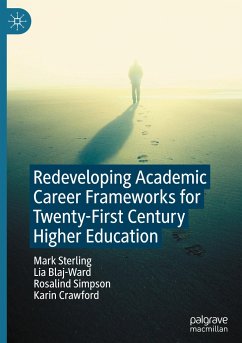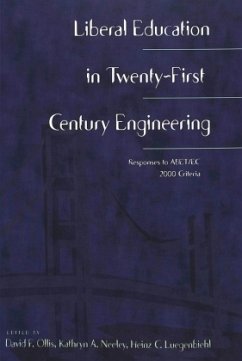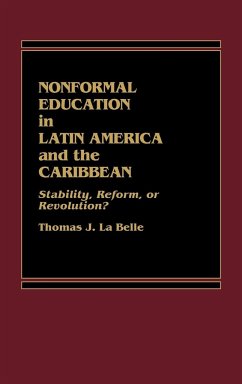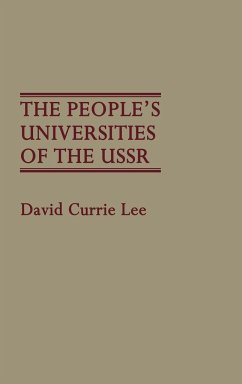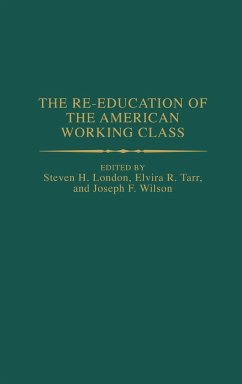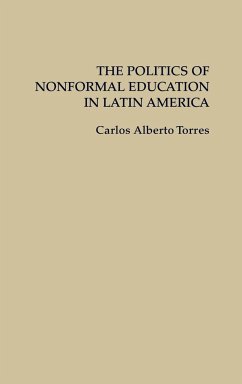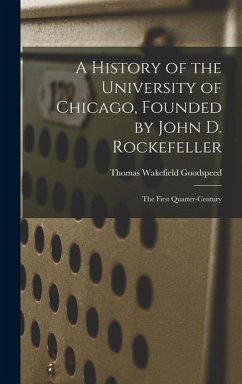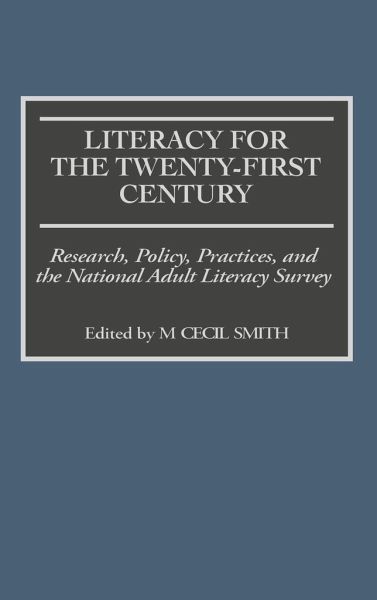
Literacy for the Twenty-First Century
Research, Policy, Practices, and the National Adult Literacy Survey
Herausgeber: Smith, M. Cecil
Versandkostenfrei!
Versandfertig in 1-2 Wochen
87,99 €
inkl. MwSt.

PAYBACK Punkte
44 °P sammeln!
Eight of the thirteen chapters describe investigations of adults' literacy skills based on analyses of the National Adult Literacy Survey. The studies describe how work contributes to literacy, associations between literacy skills and reading practices, reciprocal effects of education and literacy, gender differences in literacy abilities, the relationship between literacy and voting behavior, the literacy skills of adults having one or more learning disabilities, and the construct validity of the NALS. One chapter summarizes the major findings of the NALS and another discusses federal educati...
Eight of the thirteen chapters describe investigations of adults' literacy skills based on analyses of the National Adult Literacy Survey. The studies describe how work contributes to literacy, associations between literacy skills and reading practices, reciprocal effects of education and literacy, gender differences in literacy abilities, the relationship between literacy and voting behavior, the literacy skills of adults having one or more learning disabilities, and the construct validity of the NALS. One chapter summarizes the major findings of the NALS and another discusses federal educational policies that shaped the NALS. Two additional chapters describe research programs pertaining to dimensions of literacy that are significant to a more comprehensive understanding of literacy in the United States: family literacy education and health care. The National Adult Literacy Survey has provided literacy researchers and practitioners with a wealth of knowledge about American adults' literacy proficiencies. Literacy for the 21st Century was developed with the idea that the NALS contains useful information to inform public educational policy, suggest new directions for literacy research, and assist in adult literacy education program development. The ideas presented in this book should enable policymakers, social leaders, and educators to more fully consider national assessment data, thereby prompting actions necessary to enable all citizens to achieve greater opportunities in their work and lives.





